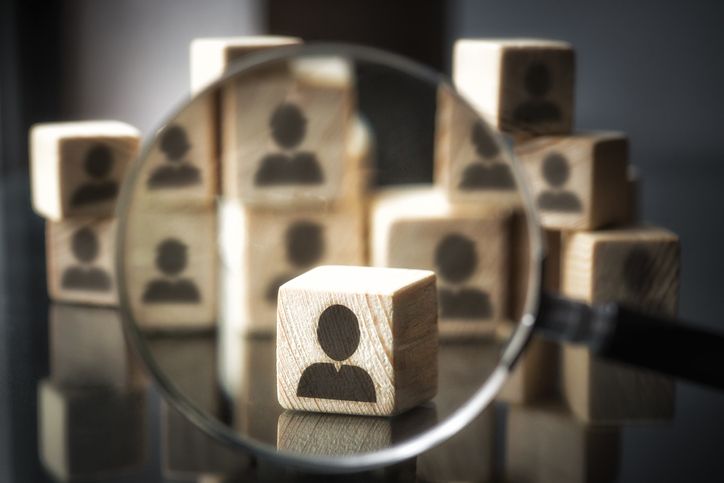The great hope right now is that the end of the pandemic is near, and the world’s economies are forging a path back to normal.
Still a big if, though, given that new variants keep popping up like an unwelcome version of Whack-a-Mole and there are more than a few who fear that a third wave may be on the way.
A lot of people are concerned about jobs. The pandemic did not shatter the job market; it just broke off and destroyed pieces of it. Those with middle-class, office-based jobs were able to shelter and work at home, even if we were trying to homeschool or look after small children at the same time. Conversely, delivery services and online retailers saw an uptake in their business as physical shops and services closed.
So, the numbers coming out of the US this week are quite interesting. According to the BBC, economists had predicted that 675,000 jobs would be created in May. But when the numbers came, there was a shock – at 559,000, they were nearly 18% lower than predicted.
President Biden still hailed the figures as “great news” and called it “historic progress” after the worst crisis in a century.
Struggling to recruit
The mediocre numbers were partly blamed by John Leiper, chief investment officer at Tavistock Wealth, on issues within the supply chain. In addition, Leiper also singled out unemployment benefits, childcare issues, and concerns over working conditions.
It was the second month in which the numbers had been low. In April, according to the same BBC report, the number of new jobs created was just 266,000.
Over in the UK, headlines were made when Tim Martin, the founder of Wetherspoons, was quoted in The Telegraph as being unable to fully staff his outlets. It is hard to have much sympathy for Martin (and I am not going to try) because of his continual and deserved bad press, but the lack of hospitality workers in the UK is not a phenomenon known only to him—Best Western has had a deficit of staff, which led to it not being able to reopen some of its venues.
European unemployment
If we shift our focus to the continent, the story is a little bumpier. The French version of The Local reported that unemployment within France fell by 0.4% in Q1 2021. In Germany, the unemployment rate, by March, had remained steady at 6% for three months in a row. The actual numbers for Germany, though, were a bit more sobering—500,000 more people were unemployed then compared to the same point the year before. And, in Spain, the number of people unemployed there went over four million for the first time in five years.
So, overall, the numbers are good-but-not-great, although there is some cause—if we have no third wave—to believe that the economies of the world are starting to recover. How long that will take is a different kettle of fish. Deutsche Welle reported a few days ago that the UN’s International Labour Organisation believes global job growth will not get back on track until 2023.
That same report said that global unemployment should increase to 205 million in 2022, up from 187 million in 2019. 108 million people, the report also said, had fallen into poverty or extreme poverty since 2019.
If anything, the economic recovery might be k-shaped. I reported that story here last week. The CFA Institute asked 6,000 people what form the economic recovery would take. 44% of respondents said it would be defined as “[…] different parts of the economy are recovering at different rates, times, or magnitudes”.
A lower proportion, less than a third, thought the recovery was on a steady path.
Blue versus white collar
It looks likely that some sectors of the jobs market will recover at a faster rate than others. The question is whether this will do to the social fabric. During the worst days of the pandemic, it was generally workers at the lowest-paid end of the scale that were in most danger, often working to serve the needs of those in white collars. The Atlantic even recently defined the pandemic as, “The poor got socially close, it seems, so that the rich could socially distance.”
Inflation, or the fear of it (both of which may be the same thing), is also looking to be a factor. The CFA Institute’s survey found that nearly-two thirds believed that inflation would increase, and that those respondents were similarly divided on what central banks would do in response. A fifth believed that there would be no significantly inflationary pressures within the next two-to-three years.
When the pandemic began back in 2019, no one could have predicted accurately its timeline or duration, although many knew a pandemic would come. When it comes to economic recoveries, maybe we should apply some of that same agnosticism.







